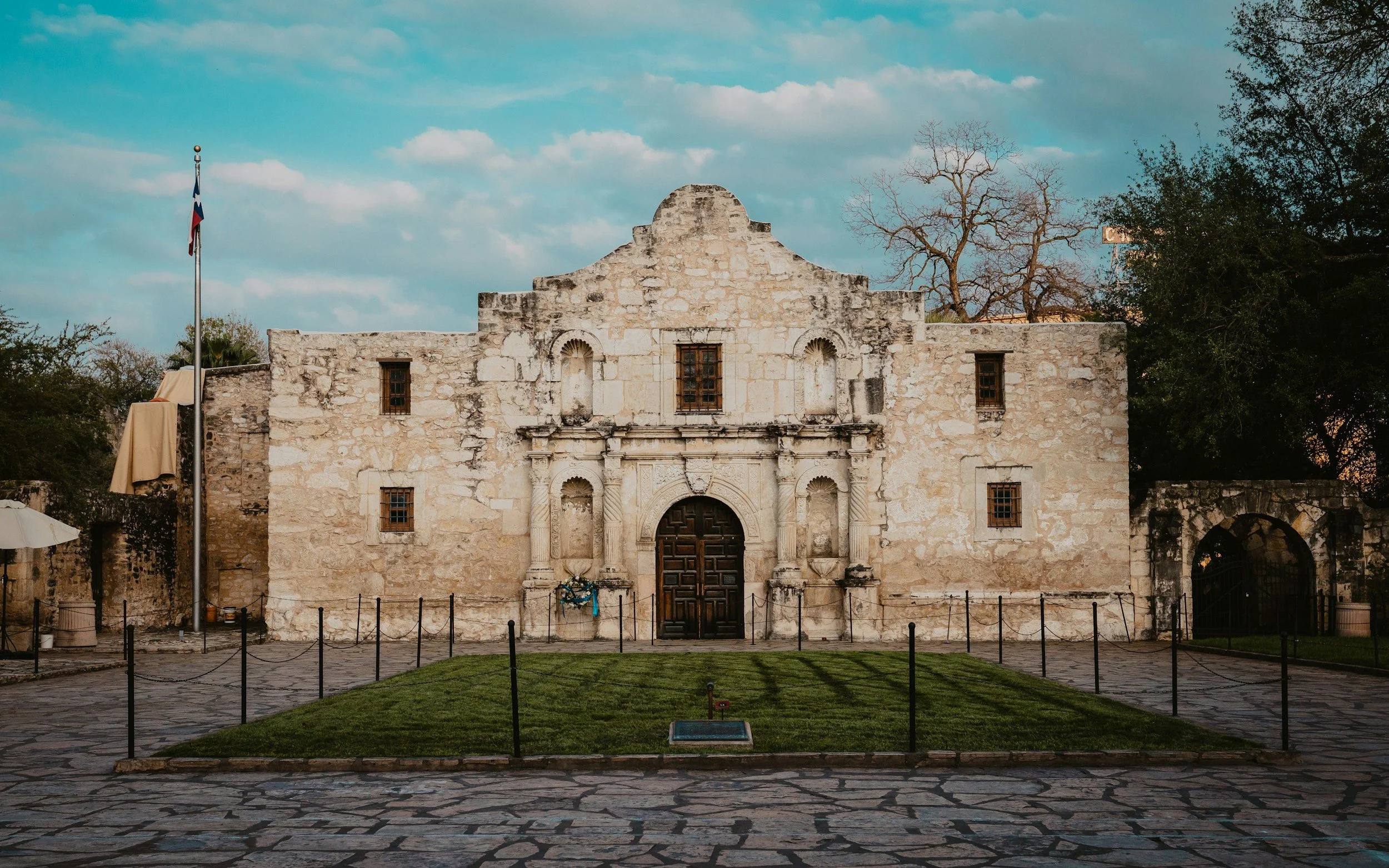Serving San Antonio’s
Bilingual Community Since 1913
Updated Weekly
A Century of
Bilingual Journalism
This grass roots publication is the life source for a community that is not easily afforded viable access to diverse and accessible media. San Antonio and the surrounding counties have become accustomed to relevant news brought to them in both English and Spanish since 1913.
Our Circulation:
45,000 copies printed and distributed weekly
Bilingual content in English and Spanish
Contact Information:
Info for submitting Press Releases, Letters to Editor, and Event Details Info@LaPrensaTexas.com
Phone: 210-628-9611
Follow us on social
Contact Us
For press inquiries, advertising, or story submissions,
please allow 1–2 business days for a reply.

















